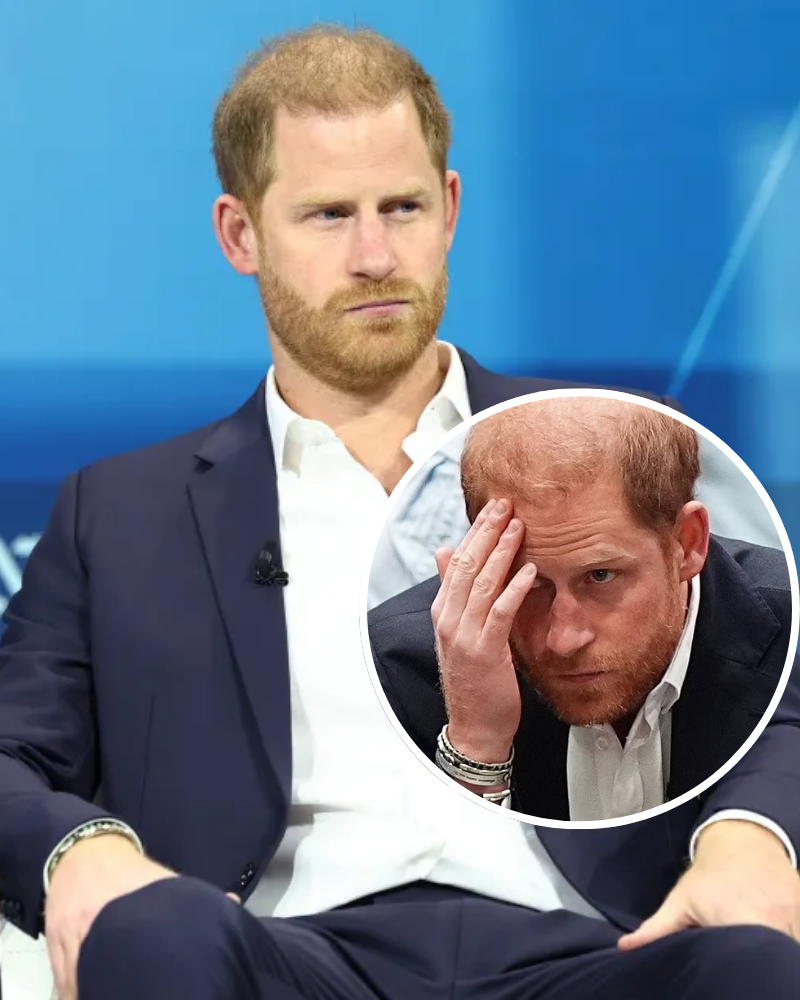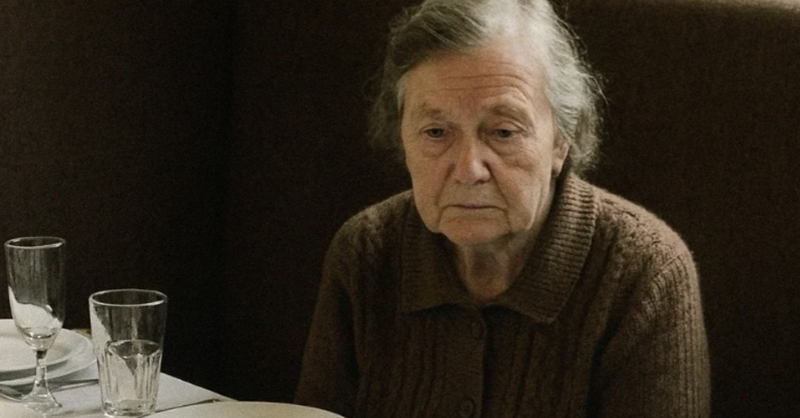
No one has emerged unscathed from the controversy surrounding Sentebale—not its chairwoman, who has accused the charity of bullying and misogyny, nor the trustees, who have remained anonymous while briefing against her. However, the person whose reputation has taken the biggest hit is Prince Harry himself.
Sentebale was once Harry’s passion project, a way to honor his late mother by helping vulnerable children in Lesotho and Botswana. But now, questions are being raised not just about the charity’s future but also about Harry’s own standing.
Over the weekend, a very different picture of Sentebale emerged. Dr. Sophie Chandauka, the charity’s outspoken chair, described how the organization began to decline after Harry and Meghan left the UK. Corporate sponsors and donors pulled out, and according to Chandauka, this was no coincidence.
After reviewing the charity’s finances from the past seven years, she found a “significant correlation” between the drop in financial support and “Prince Harry’s departure from the UK itself.” Attempts to discuss the issue, she said, were shut down because it was an “uncomfortable conversation to have with Prince Harry in the room.”
She also criticized the long-standing trustees, saying they had been in place too long, likening the situation to “turkeys not voting for Christmas.” However, the most damning claim she made was that Sentebale’s biggest challenge was its association with Harry. In her words, “The number one risk for this organization was the toxicity of its lead patron’s brand.”

The controversy surrounding a 2023 charity polo match in Florida further illustrates the tensions. The event was intended to raise much-needed funds, but Harry complicated matters by requesting last-minute permission to film for a Netflix documentary. This changed the nature of the event, making it a commercial endeavor and forcing a venue change, which the charity could barely afford.
Adding to the disruption, Meghan, who had initially declined to attend, later decided to come—bringing her celebrity friend Serena Williams along. This led to an awkward moment during the trophy presentation when Meghan asked Dr. Chandauka to step aside, forcing her to duck under the trophy held by Harry and Meghan.
The situation escalated further when Harry later asked Chandauka to issue a public statement defending Meghan, fearing backlash. She refused, arguing that it would only invite more scrutiny and that the charity should not be seen as an extension of the Sussex brand. This, she believes, set off a chain of events that led to her removal and Harry’s subsequent resignation.
In a television interview, she claimed, “Prince Harry wanted me gone,” alleging she faced “bullying and harassment” as a result. She went further, accusing him of “unleashing the Sussex machine” against her when he authorized a public statement about his resignation. For someone who has spent years portraying himself and Meghan as victims of a toxic system, this reversal of roles is particularly damaging.
Harry now faces an uncomfortable question: does his version of royalty still have a future?

Beyond the internal disputes, there is a broader issue at play—the growing criticism of “white savior” charities. The idea of wealthy, privileged individuals running organizations for impoverished black children is increasingly viewed as outdated. One commentator put it bluntly: “Watching rich people play polo while talking about charity isn’t a good look anymore.”
Even Prince William and Kate have had to learn this lesson. During a 2022 tour of the Caribbean, they faced backlash for images showing them shaking hands with Jamaican children through a wire fence—photos critics said evoked colonial-era power dynamics. William, recognizing the optics, vowed to modernize their approach to charity work.
For Harry, the same realization may be inevitable. When Sentebale was founded in 2006, its focus was HIV/AIDS awareness. Now, the charity has shifted toward poverty relief and climate-related challenges, areas where perceptions about race and privilege are more sensitive. Organizations like Comic Relief have even abandoned their old fundraising tactics after research showed rising resentment toward “white savior” narratives.

This is a defining moment for Harry. Sentebale and the Invictus Games have been his greatest successes, remnants of his former royal identity. If Sentebale collapses, what will remain?
Reports suggest Harry now rarely leaves his Montecito mansion, misses his old life, and wasn’t even informed of King Charles’ recent hospital stay to “avoid unnecessary alarm.” Meanwhile, Meghan is busier than ever with podcasts and lifestyle ventures. As Harry’s world shrinks, hers expands.
One wonders how often he asks himself—who is really to blame?



